This preserve in Louisiana, US, can give you such a chance. Barn Hill Preserve organizes guided encounter tours, lets its visitors hang out with sloths, and… swim with otters. These Asian small-clawed otters are so cute, you will instantly forget about any stress you might have had.
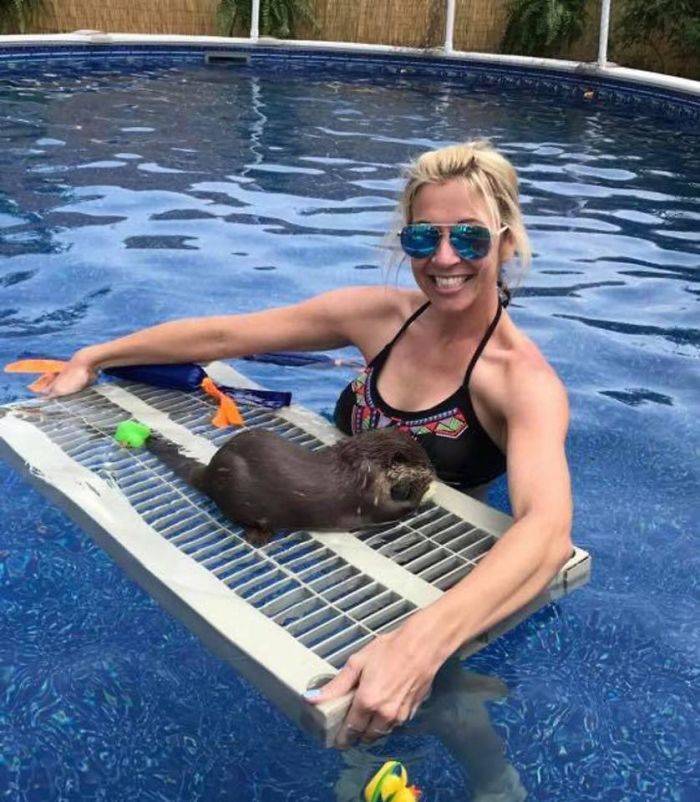
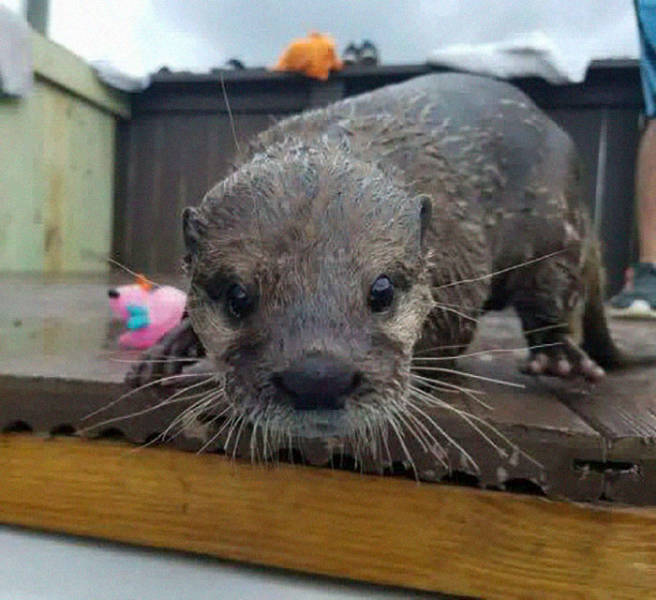
The participants must be at least 16 years and are required to sign a waiver before their experience. “We are a federally licensed facility in Ethel, Louisiana. Our otter swims are a very limited experience as we don’t provide many,” the President/CEO of Barn Hill Preserve, John “Gabe” Ligon, told. “The swim experience includes a tour of the preserve which includes African servals, red kangaroos, and a climate-controlled sloth exhibit.”
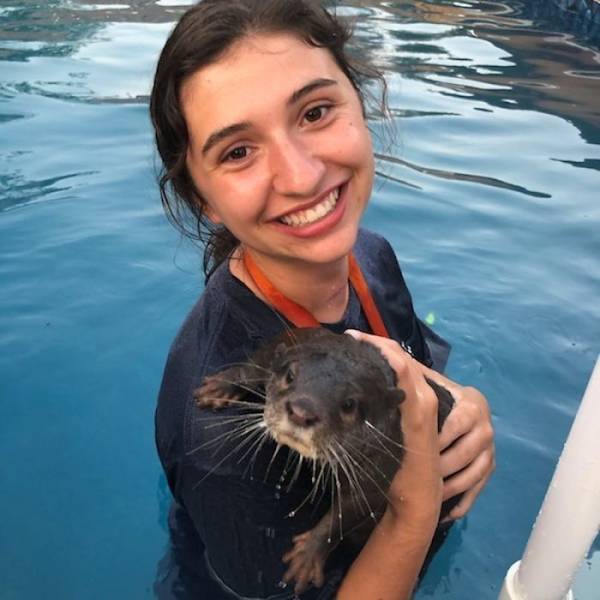
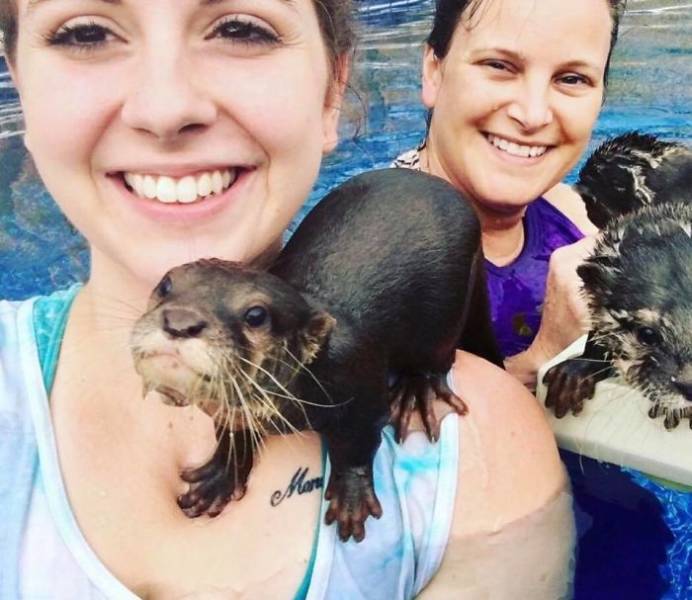
The otter swim portion of the tour includes time for changing clothes, orientation, and swimming with the otters. It lasts for approximately 1 hour. The average time otters swim in the pool is 35 minutes. The number of otter swims is limited so that this remains a very positive experience for them.
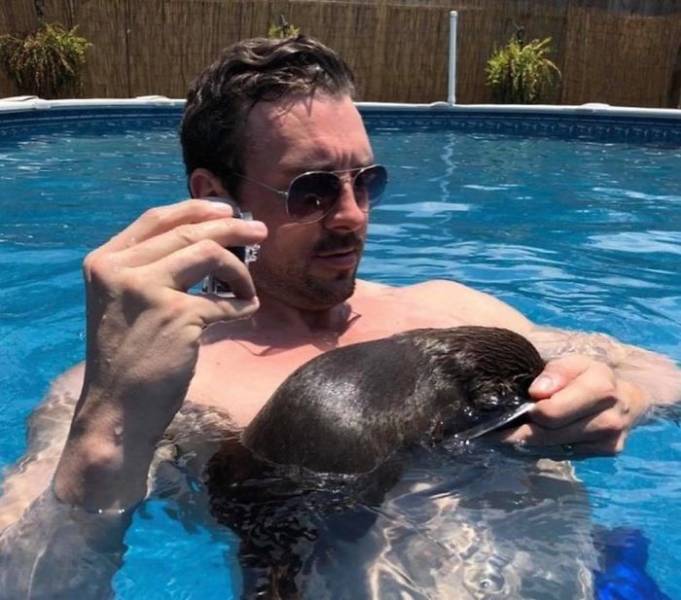
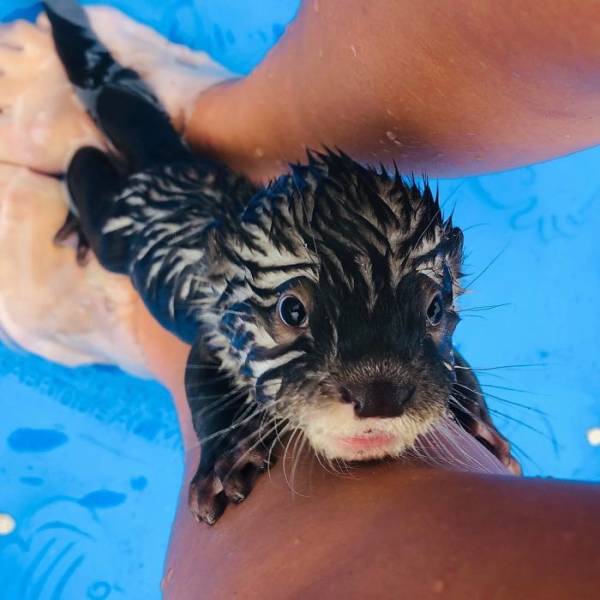
However, the preserve does much more. “We also provide a home for animals, including a large group of free-flying macaws,” Ligon said. “These macaws have lifespans of up to 80 years and possess intelligence that compares with human toddlers. We help these birds learn to fly so they can live out their 80 years in the Louisiana countryside. We hope that seeing these birds fly in a flock, will inspire people to help protect their wild cousins, who are rapidly losing land to human development. Some animals are owner surrenders, while others are planned acquisitions from Federally licensed facilities.”
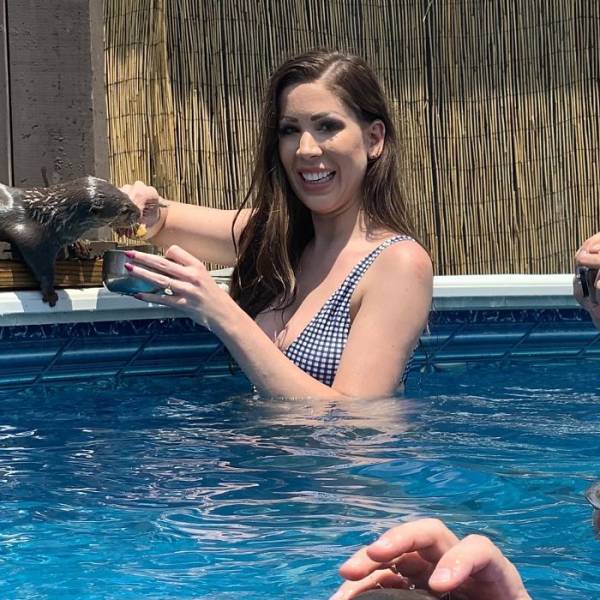
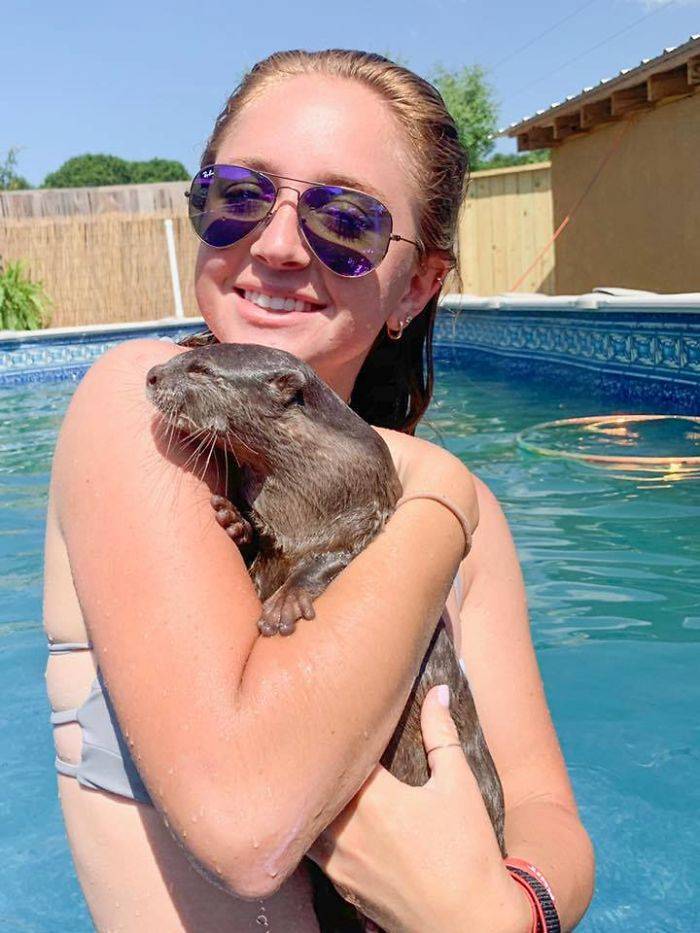
Coming back to the otter swim, the activity is only scheduled once per day and only a few days per week. “Guests enter the pool, and the otters are introduced for playtime. If they want to play with enrichment toys on the deck, that’s their choice. Our otters are never forced to do anything, the entire experience is completely positive,” Ligon explained.

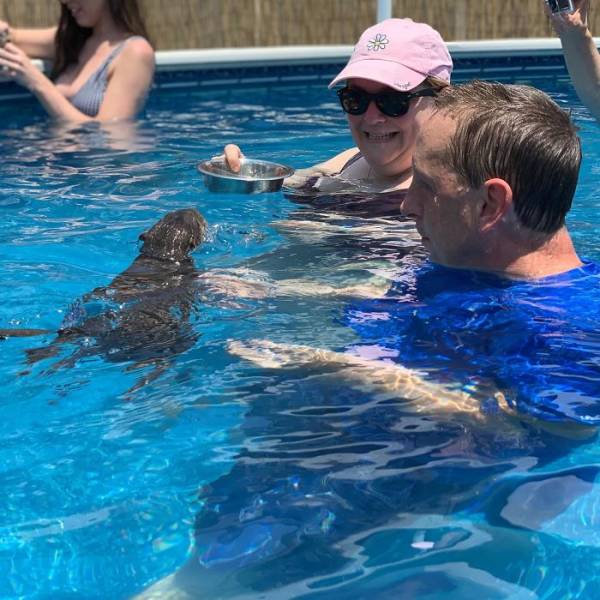
Interestingly, the Asian small-clawed otter is the smallest otter species in the world. It inhabits mangrove swamps and freshwater wetlands in the South and Southeast Asia and lives in extended family groups with only the alpha pair breeding; offspring from previous years help to raise the young.
Due to ongoing habitat loss, pollution, and hunting in some areas, the Asian small-clawed otter is listed as Vulnerable on the IUCN Red List.
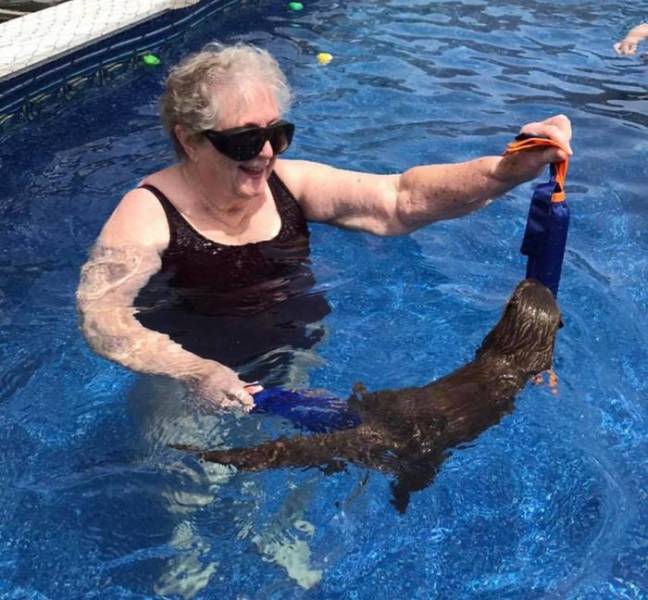
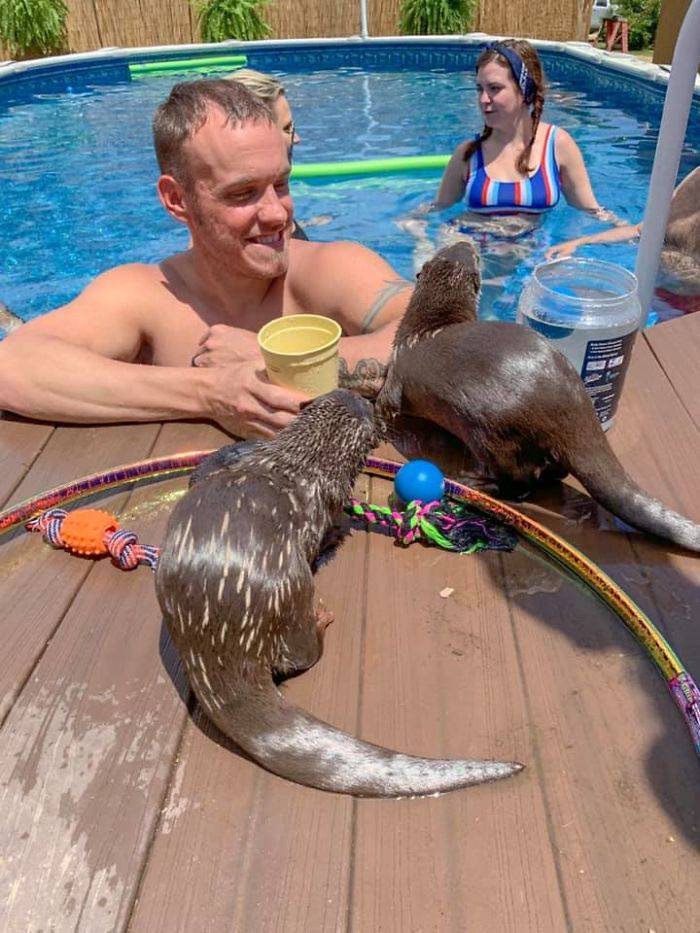
“A typical day for an Asian otter at the preserve includes waking up to the smell of a fish and shrimp breakfast. Taking a morning swim, grooming one another to dry off, taking a mid-day nap, chasing insects that fly into the exhibit, and taking more naps. Our otters on exhibit have a large behind the scenes privacy house that allows them to enter any time they aren’t feeling social.”
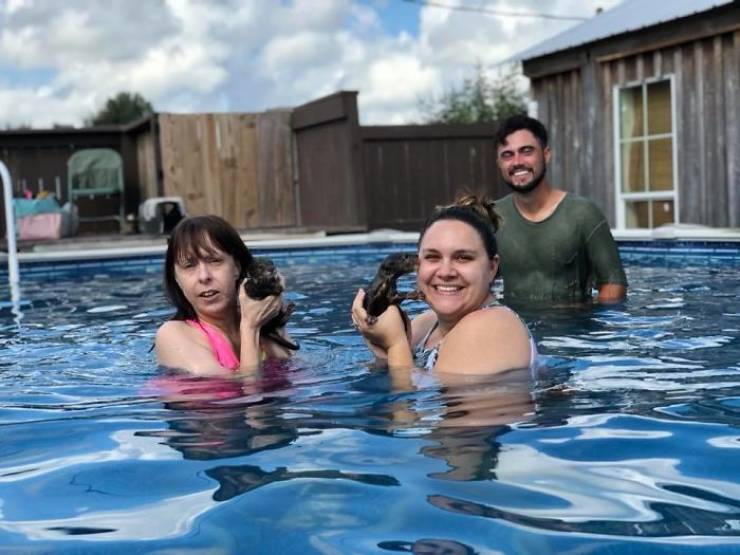
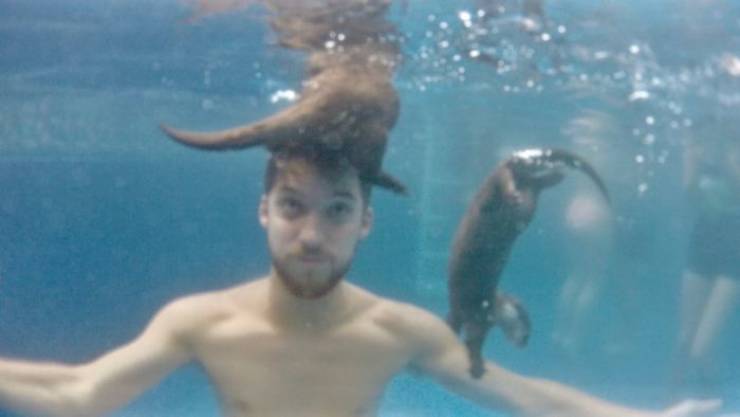
Barn Hill Preserve has been very active in the community as well. “We provide free educational programs to students at elementary schools, some of which have never seen these animals in ‘real life,’” Ligon added. “We participate in an event hosted by the Dream Day Foundation that provides a fun-filled day of no worries to the patients of St. Jude and their families. Last year, some of our staff, including myself, worked to rescue spectacled flying foxes that had been orphaned due to the record heatwave in Cairns, Australia. While in Australia, we also presented a donation check from fundraising to the Tree Kangaroo Rescue and Conservation Centre for their amazing work with tree kangaroos.”
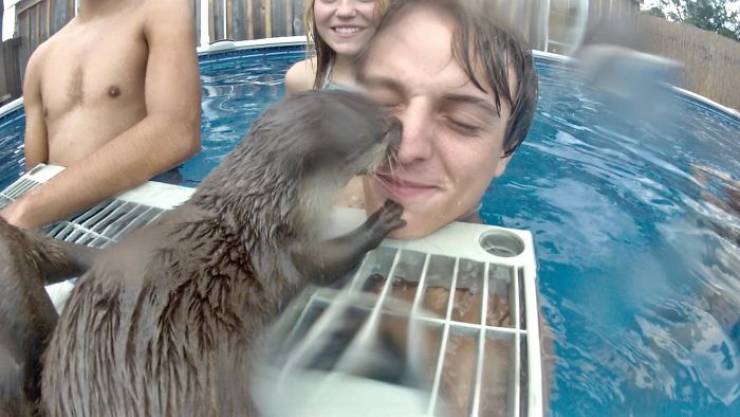
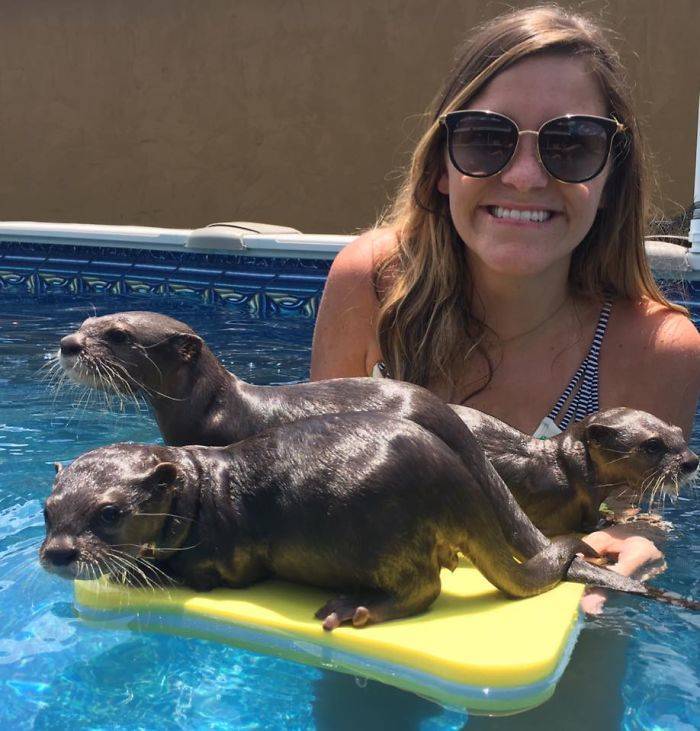
“We are very passionate about the work we do here. We challenge the public to get active in what’s going on in the environment, the world around them, so we can ensure that wild places for wildlife are here for generations to come.”
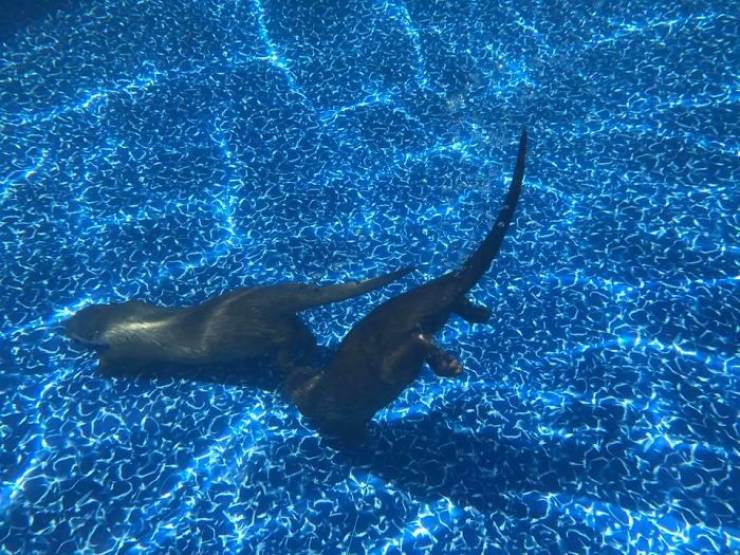
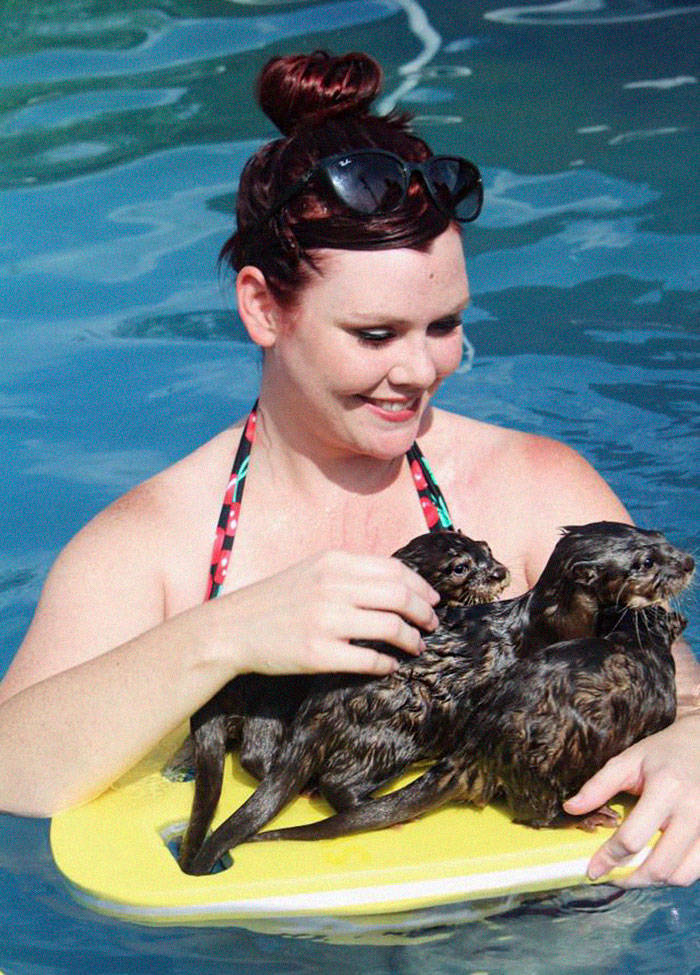
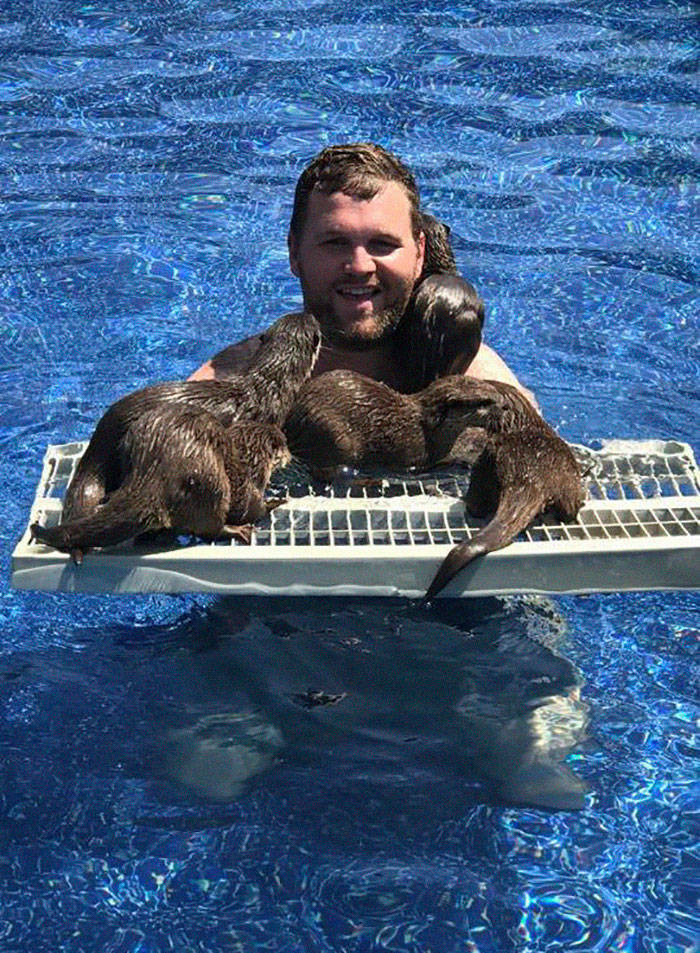
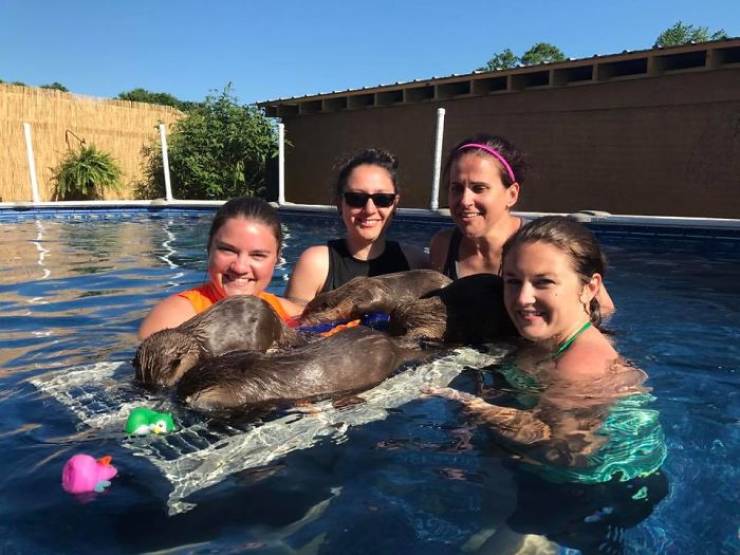
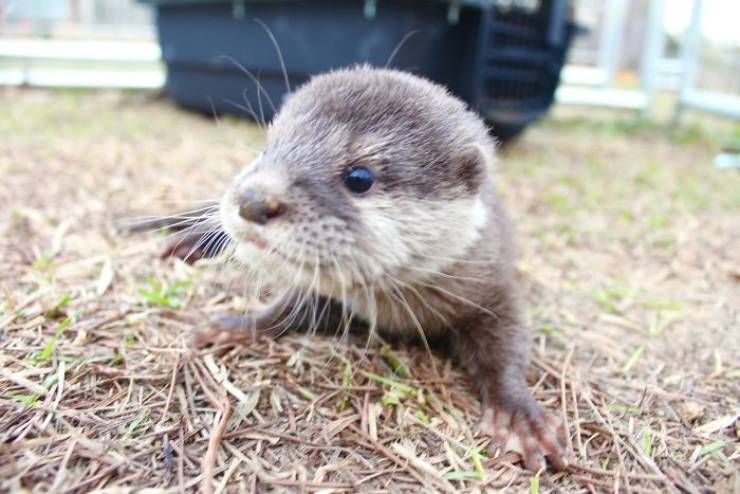
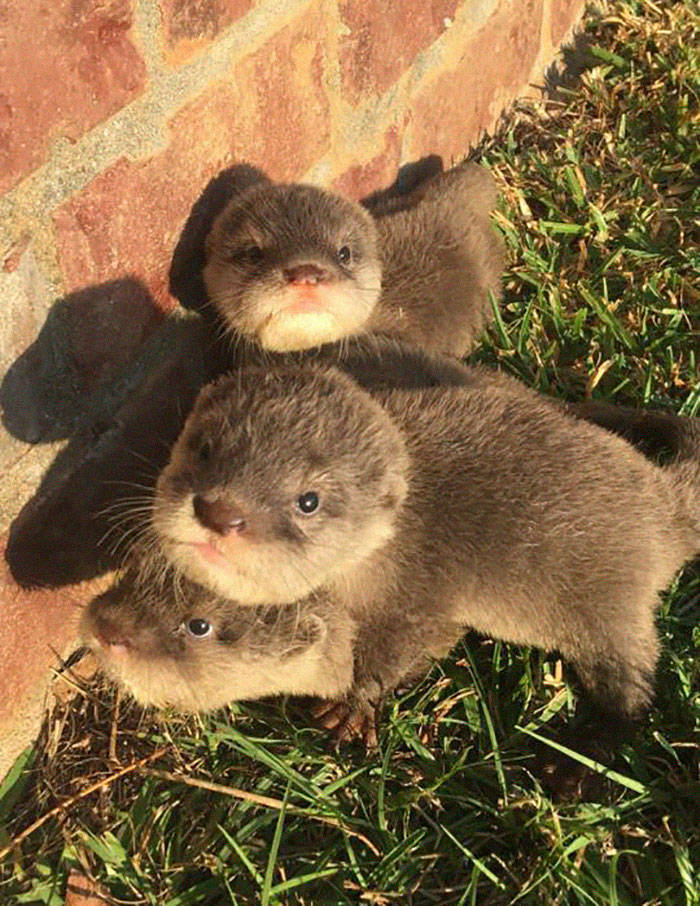
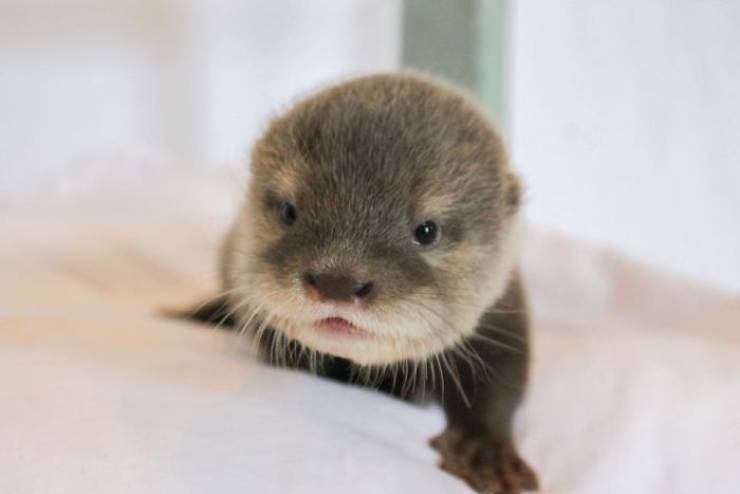
Some people loved the idea of swimming with otters
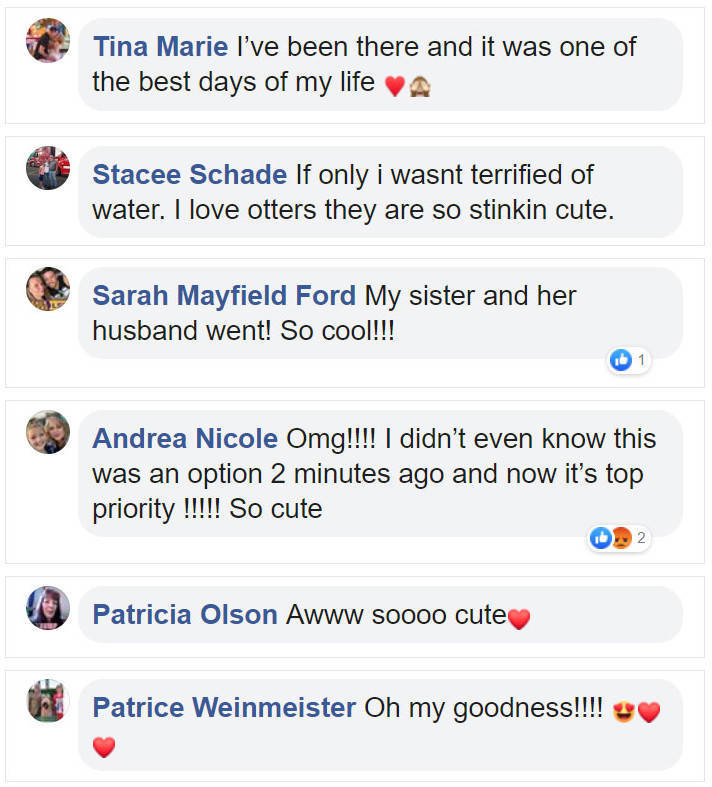
Others were worried about the animals:

After receiving some backlash, Barn Hill Preserve addressed the concerns
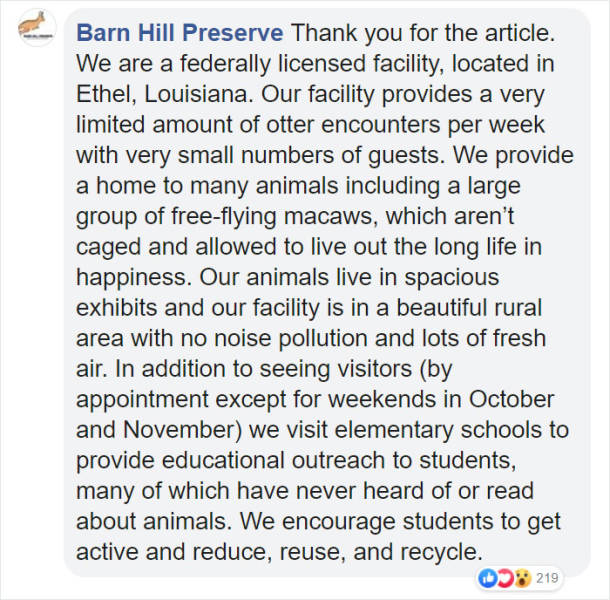
People thanked them for the good work they’ve been doing:
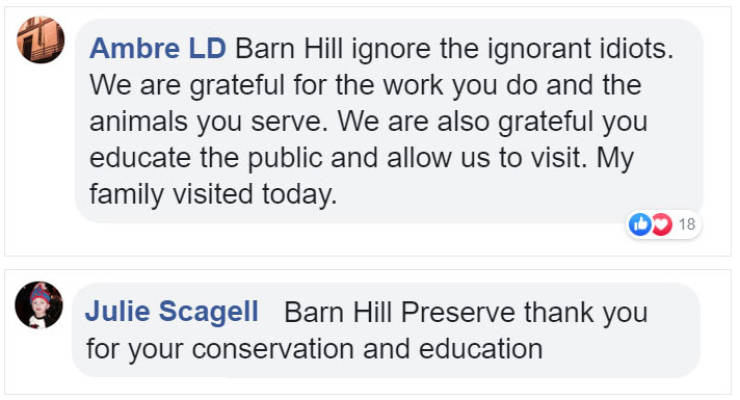
 Barnorama All Fun In The Barn
Barnorama All Fun In The Barn